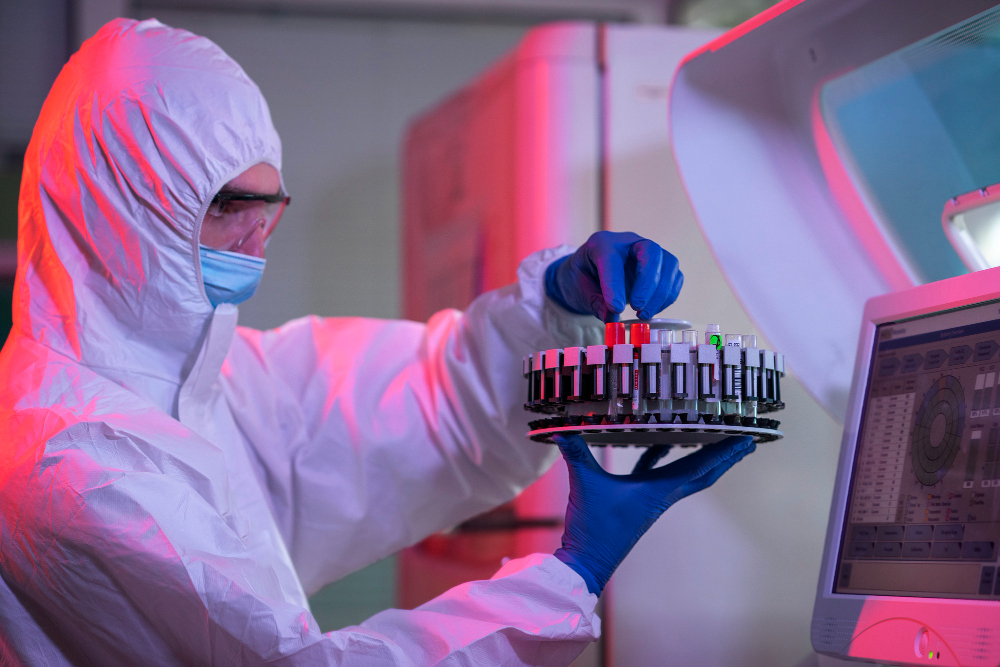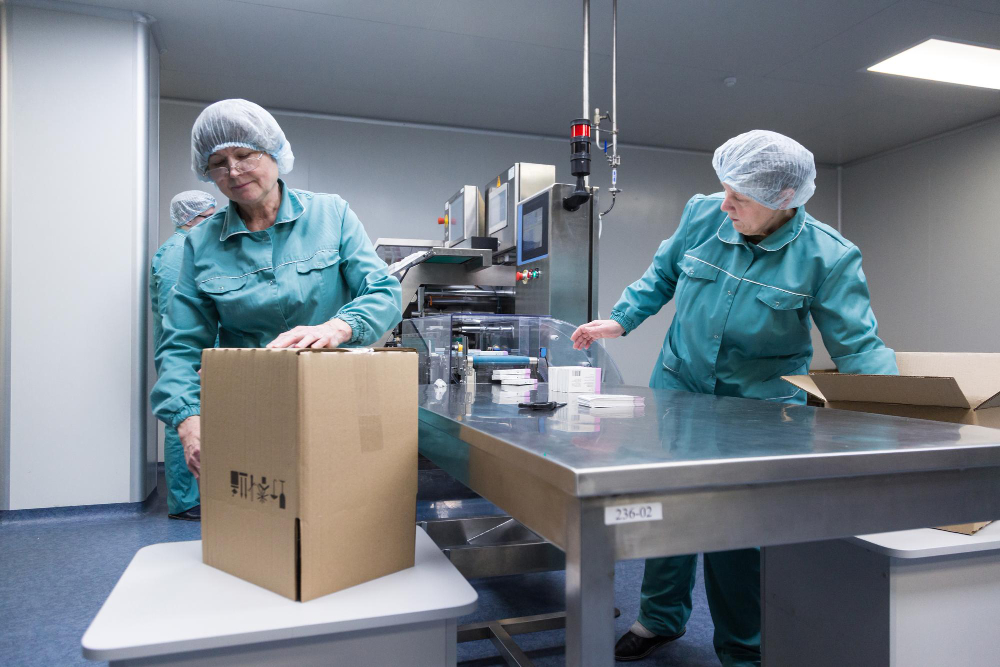In the pharmaceutical and biotech industries, ensuring the safety and efficacy of products is of utmost importance. As such, various validation processes are in place to ensure that products are manufactured, cleaned, and shipped according to regulatory requirements. In this article, we will discuss the importance of cleaning and shipping validation in the pharmaceutical and biotech industries, particularly in pharmaceutical and biotech facilities. We will also explore the differences between cleaning validation and shipping validation and how these processes are conducted.
Introduction
The pharmaceutical and biotech industries are heavily regulated, and any deviation from set standards can lead to severe consequences, including product recalls, fines, and loss of reputation. One crucial aspect of ensuring product quality is through validation processes, particularly cleaning and shipping validation.
Cleaning Validation in Pharmaceutical and Biotech Industries
Cleaning validation is a process that ensures that equipment and facilities used in the manufacturing process are free from any residues that can affect product quality and safety. In the pharmaceutical and biotech industries, cleaning validation is essential in ensuring that products are free from contamination. This process involves the cleaning of equipment and facilities, followed by analytical testing to ensure that there are no residues present.
Cleaning Validation in Biotech Facilities
In biotech facilities, cleaning validation is a complex process due to the nature of the products manufactured. Unlike in pharmaceutical facilities, biotech facilities use living organisms to produce products such as vaccines and biologics. As such, cleaning validation in biotech facilities involves the removal of any microbial contamination to ensure that the products produced are safe.
Shipping Validation in Pharmaceutical and Biotech Industries

Shipping validation is a process that ensures that products are shipped in accordance with regulatory requirements. In the pharmaceutical and biotech industries, shipping validation is essential in ensuring that products are not compromised during transportation. This process involves the testing of products, packaging, and transportation conditions to ensure that the products arrive at their destination in the same state as they were when they left the manufacturing facility.
Shipping Validation in Biotech Facilities
In biotech facilities, shipping validation is also a complex process due to the nature of the products produced. Biologics and vaccines are sensitive to environmental conditions, and any deviation can compromise their quality. As such, shipping validation in biotech facilities involves the testing of products under various transportation conditions to ensure that they remain stable and effective.
Differences Between Cleaning Validation and Shipping Validation
Cleaning validation and shipping validation are two separate processes with different objectives. Cleaning validation ensures that equipment and facilities are free from residues that can affect product quality, while shipping validation ensures that products are shipped in accordance with regulatory requirements. Cleaning validation involves the cleaning of equipment and facilities, followed by analytical testing, while shipping validation involves the testing of products, packaging, and transportation conditions.
Conclusion
Cleaning and shipping validation are crucial processes in the pharmaceutical and biotech industries. These processes ensure that products are manufactured, cleaned, and shipped according to regulatory requirements. In biotech facilities, these processes are more complex due to the nature of the products produced. Understanding the importance of cleaning and shipping validation is essential in ensuring that products are safe, effective, and of high quality. The pharmaceutical and biotech industries must continue to prioritize these validation processes to ensure that products are manufactured, cleaned, and shipped in accordance with regulatory requirements.





